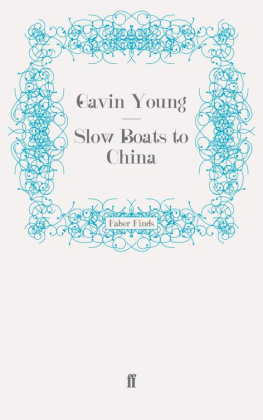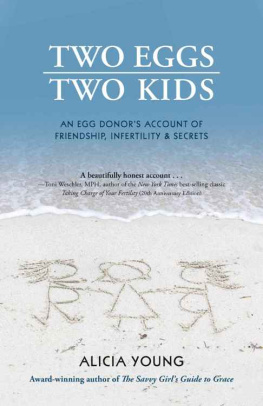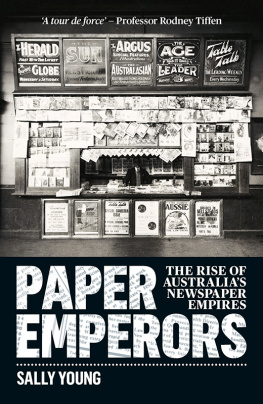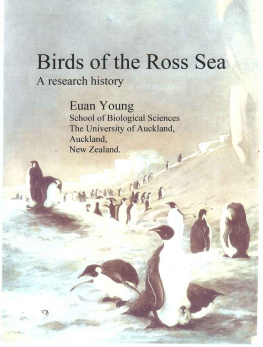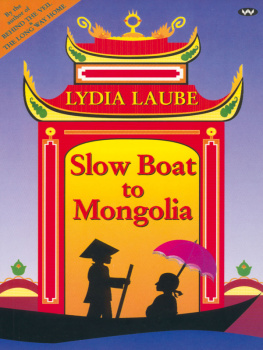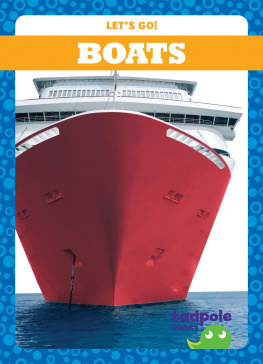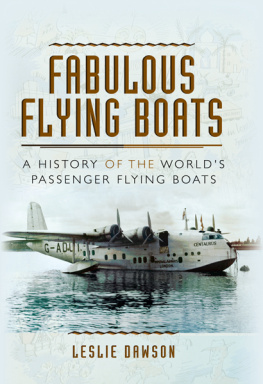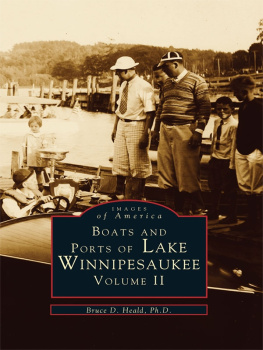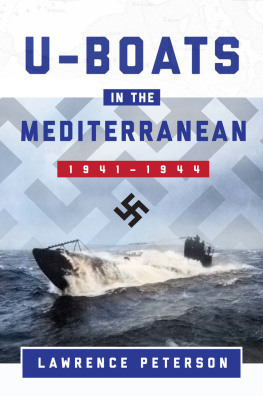Young - Slow Boats to China
Here you can read online Young - Slow Boats to China full text of the book (entire story) in english for free. Download pdf and epub, get meaning, cover and reviews about this ebook. City: London, year: 2016;2015, publisher: Faber and Faber, genre: Adventure. Description of the work, (preface) as well as reviews are available. Best literature library LitArk.com created for fans of good reading and offers a wide selection of genres:
Romance novel
Science fiction
Adventure
Detective
Science
History
Home and family
Prose
Art
Politics
Computer
Non-fiction
Religion
Business
Children
Humor
Choose a favorite category and find really read worthwhile books. Enjoy immersion in the world of imagination, feel the emotions of the characters or learn something new for yourself, make an fascinating discovery.
Slow Boats to China: summary, description and annotation
We offer to read an annotation, description, summary or preface (depends on what the author of the book "Slow Boats to China" wrote himself). If you haven't found the necessary information about the book — write in the comments, we will try to find it.
Young: author's other books
Who wrote Slow Boats to China? Find out the surname, the name of the author of the book and a list of all author's works by series.
Slow Boats to China — read online for free the complete book (whole text) full work
Below is the text of the book, divided by pages. System saving the place of the last page read, allows you to conveniently read the book "Slow Boats to China" online for free, without having to search again every time where you left off. Put a bookmark, and you can go to the page where you finished reading at any time.
Font size:
Interval:
Bookmark:
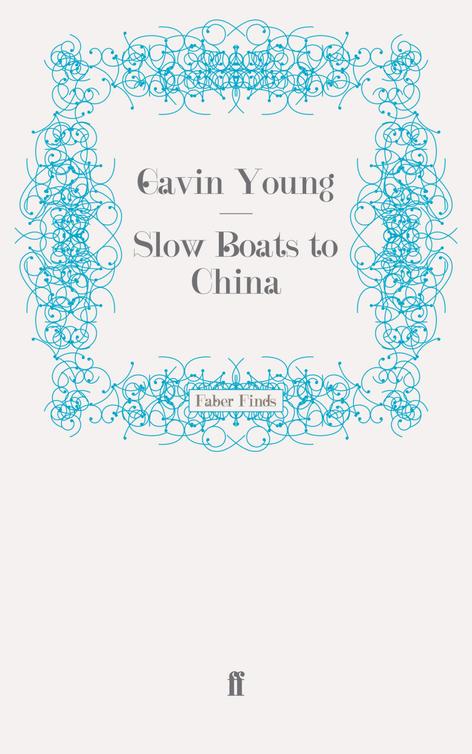

This book is for my Mother and Father
Who hath desired the Sea? Her menaces swift as her mercies?
Who hath desired the Sea? Her excellent loneliness rather than
The forecourts of kings.
Rudyard Kipling, The Sea and the Hills
Ah! These commercial interests spoiling the finest life under the sun. Why must the sea be used for trade and for war as well? It would have been so much nicer just to sail about, with here and there a port and a bit of land to stretch ones legs on, buy a few books and get a change of cooking for a while.
Joseph Conrad, A Smile of Fortune
Bir katredir ancak aldigum hep,
Derya yine durmada lebalep.
The things Ive chosen are a drop, no more;
The undiminished sea still crowds the shore.
Ziya Pasha
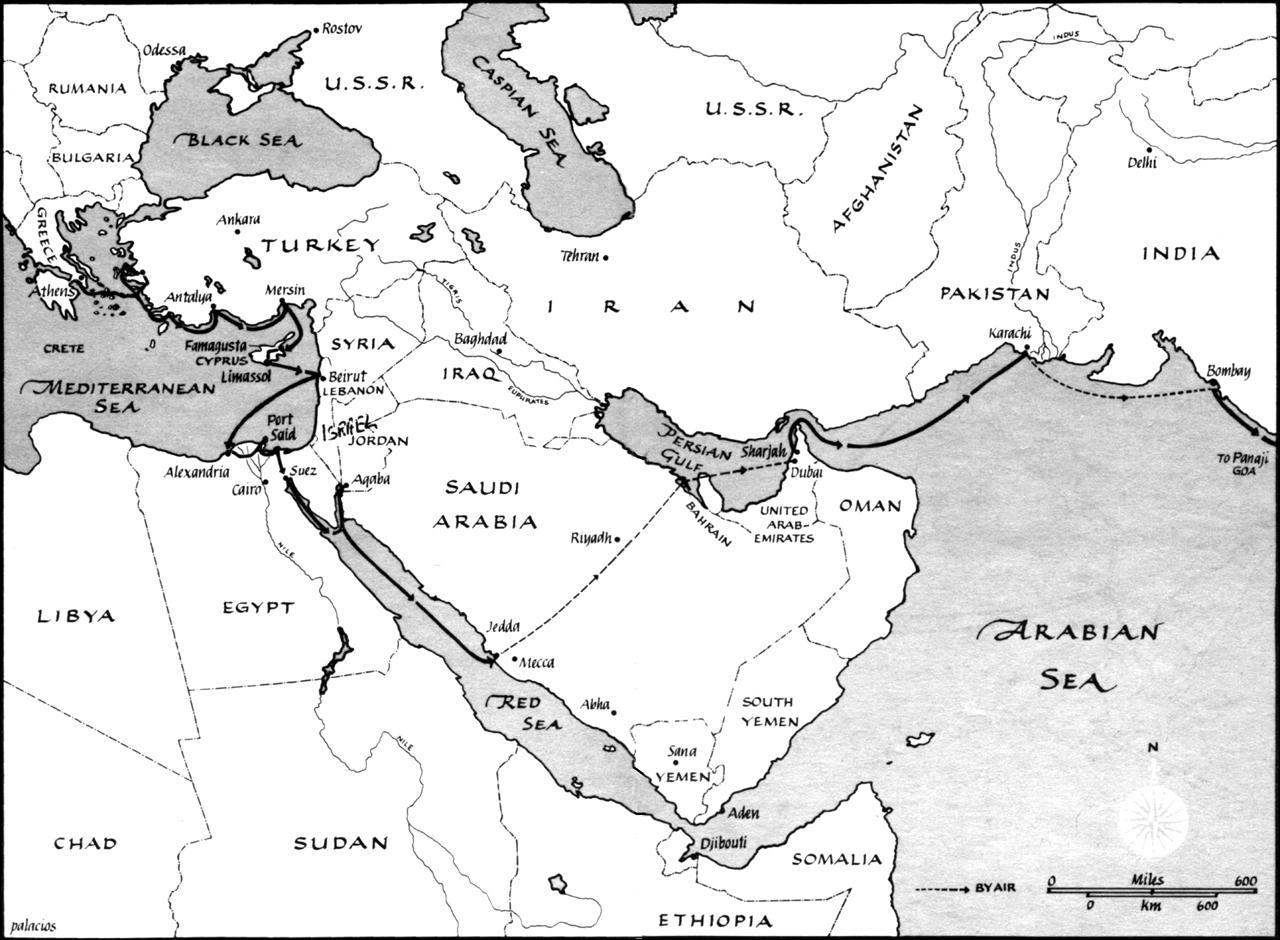
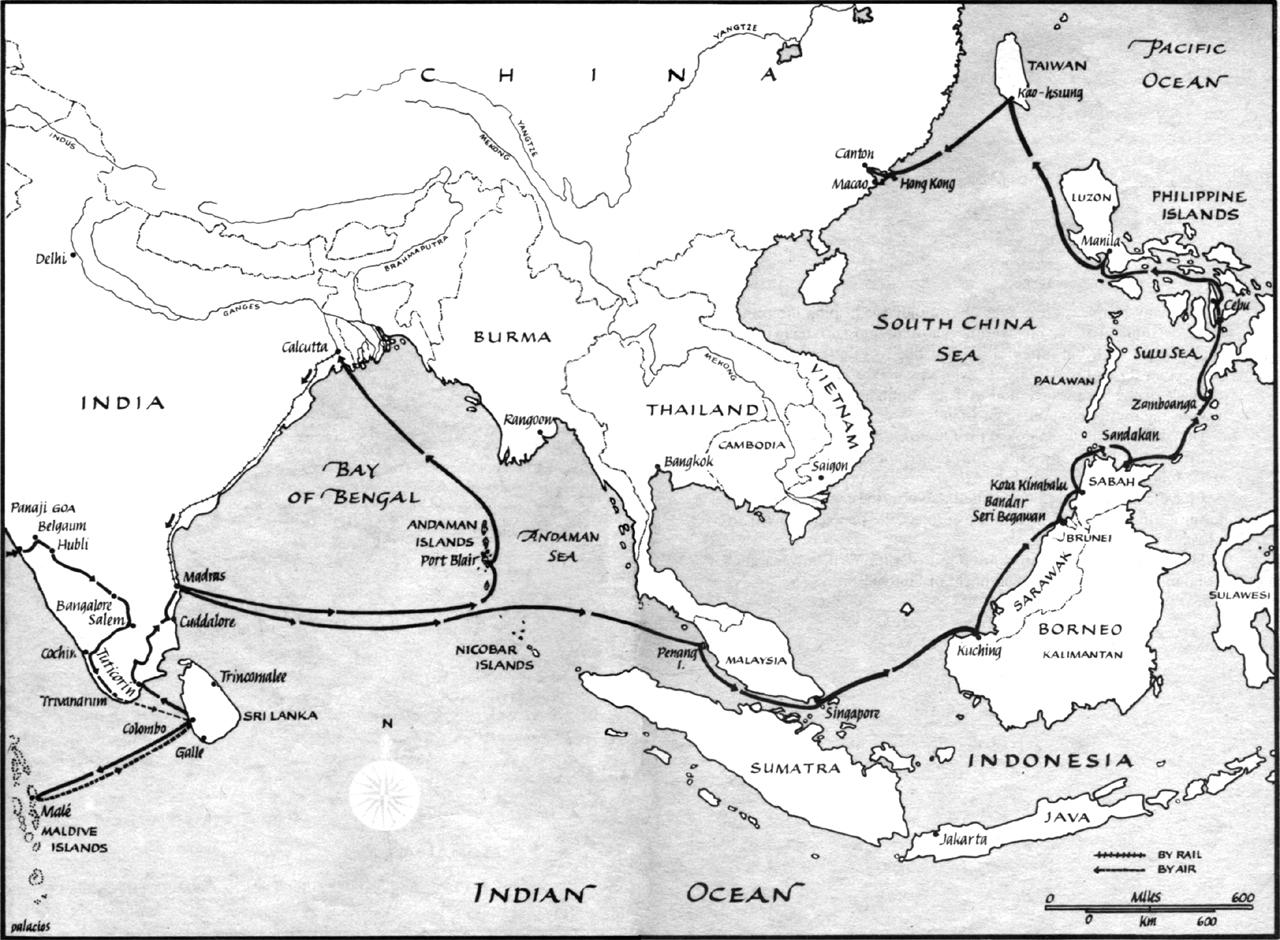
I owe many people a great debt of gratitude for helping me complete this adventure. I think my warm regard for most of them is to be found in the text, but an extra word is due to John and Glen Swire; to Captain Rashad of Alexandria, who saw me through the formidable obstacle of the Suez Canal; and to Tom Abraham, who smoothed my way to the mysterious Andaman Islands.
Donald Trelford, the editor of the Observer, and his associates Roger Harrison and Peter Crookston encouraged me and included some of what follows in the pages of the Observers colour supplement.
I have changed a personal name or two in the text and shifted the location of a couple of incidents to protect the people involved from possible political repercussions.
Finally, measureless thanks are due to Gritta Weil, my sea anchor in London, and to Roddy Bloomfield of Hutchinson.
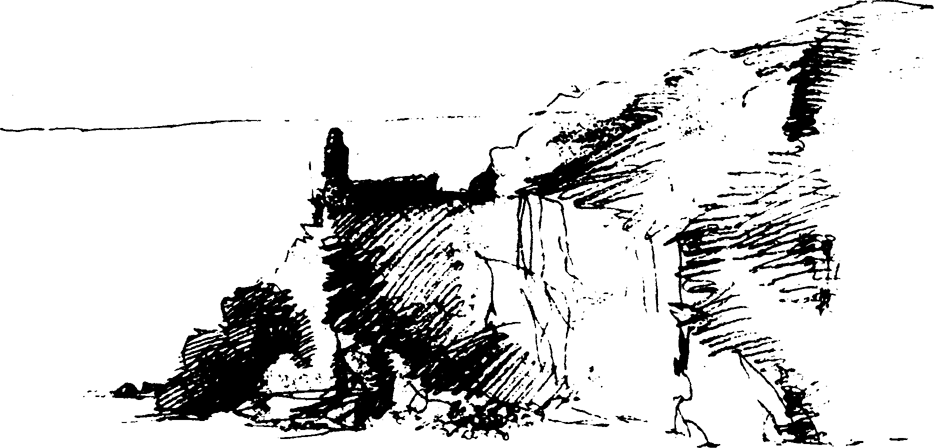
It was a simple idea: take a series of ships of many sizes and kinds; go where they lead for a few months; see what happens. It was an adaptation of the old idea of Running Away to Sea, a boyhood yearning bred of
tales, marvellous tales
Of ships and stars and isles where good men rest.
No doubt my dream of the sea was born during the long summers I spent as a child in what I still think of as the oldest-feeling, most soul-subduing and cosily creepy part of England, the part almost hidden between Britains battered kneecap and shin. I mean, to be more exact, between Devons Hartland Point and Cornwalls Fire Point Beacon above Boscastle, around the tiny harbour and old stone breakwater of Bude Haven. This is the Wreckers Coast: a place of buzzards and seals and effigies of knights in dim, half-lost churches, where seas pound into cliffbound bays that have swallowed seamen from a hundred wrecked schooners and, in wartime, perhaps harboured German U-boats.
Once, poor Cornish children in these parts prayed, God save Father and Mother and zend a ship to shore vore mornin. And on cold, rainy days there always seemed to me to be an aura here of doomed ships and silent watchers on terrible cliffs an aura that survives todays asphalted roads and trailer parks. Yet in the summer sun it all looks quite different. Everything smiles on picnickers, surfers, flower gatherers and adventurous walkers with bird books, haversacks, sandwiches and hip flasks.
Under the sun, these cliffs give almost theatrically splendid views. South of Bude between Compass Point and Widemouth Bays Black Rock (actually, the locals say, a Cornish giant eternally plaiting ropes of sand), my grandmother years ago would jerkily brake the Austin two-seater and exclaim, What a lot of sea! My grandmothers house stood back from the sea but on a rising slope of land, so that from my bedroom window I could see the gleam of the Atlantic Ocean over the rooftops of other houses. The attic of the gaunt and ugly Edwardian house smelled of damp floorboards, old suitcases and mouse droppings, but it was dark and large ideal for hide-and-seek and full of books, some of which had been my fathers when he was a boy.
I spent hours up there delving into Robert Louis Stevenson, Jack London, Captain Marryat, R. M. Ballantyne and a Cornish writer of the 1920s called Crosbie Garstin who wrote exciting books about wreckers and smugglers on this very coast. Obsessed with the doings of Long John Silver or the Swiss Family Robinson, I was almost convinced that one clear day I would see on the horizon the Indies tall ships Hispaniola Cathay. Fifteen men on a dead mans chest, I would growl menacingly at my older sister, who would shrug and make herself scarce.
Even today, when I revisit Bude, this conviction sidles up to me like Blind Pew to Billy Bones. The cliffs there are as high as seven hundred and twenty feet, the waves relentlessly pound against them, larks and hawks move restlessly above, and the biggest gulls Ive ever seen strut with eyes as cold as the sea below. The coastline here is a chain of tall headlands with names like Cow and Calf, Sharpnose Point, Wrangle Point, Longbeak, Dizzard. Their angry shapes and the prevailing westerly winds have done for dozens of ships, provoking the sailors saying:
From Trevose Head to Hartland Light
Is a watery grave by day or night.
At the Falcon Inn in the old part of Bude, Desmond Gregory, the pub owner and a pillar of the hard-working Bude lifeboat team, lets off his signal rockets outside the pub if a boat is in trouble in the bay. Old photographs of spectacular wrecks adorn the walls of his bar; I have one of my own at home of the Austro-Hungarian barque Capricorno, her sails in tatters, her skipper drunk (so history books relate), being pounded to pieces by enormous seas below Compass Point in December 1900. Only two men were saved. In the picture, a solitary seaman stands on the doomed deck like Steerforth in DavidCopperfield.
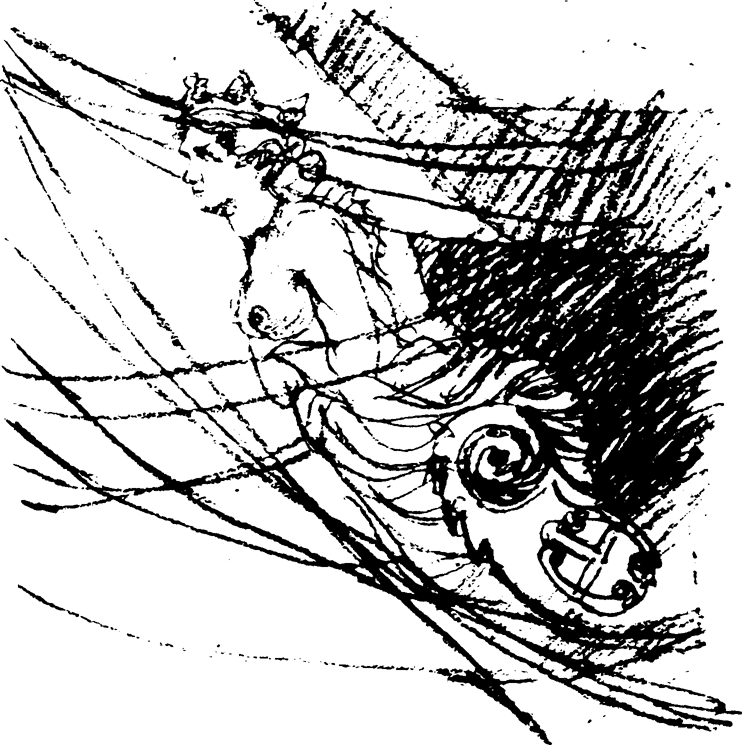
Sailing ships regularly used Bude as a port of call up to 1936; I remember a locally famous ketch called Ceres and old bewhiskered sea captains strolling around the harbour.
All this contributed to my dream of adventure and sea travel that this book represents. It also gave me a sense of the past, for Bude is ennobled by its cliffs, its thundering surf and its eerie hinterland. Even now, visiting the place after an interval of time, I am startled by the sheer age of the region. You can ramble for hours across headlands that run back forming broad, high land on which scattered farms seem settled hull down in wriggling lanes to escape winter gales that have forced the trees to grow almost parallel to the earth. In long, deep valleys you come across small, ancient churches oddly far from any village, and smelling of flowers and grass. Huge trees loom over their tombstones, under stone canopies armoured effigies turn up stone toes, and fine old wooden pews are fighting erosion by age or the death watch beetle. On the gravestones the same names appear over and over, century after century: Mutton, Sleeman, Oke and Prust. Frequent Christian names here are Eli, Caleb, Joshua, Reuben. As a boy, I was particularly fond of a clifftop church at a village called Morwenstow because it had a ships figurehead in its graveyard, and because a once-famous and eccentric vicar is buried there. Parson Hawker (Passon was how the locals pronounced it) ate opium and wrote outrageous poetry when he wasnt burying drowned sailors between 1834 and 1878. He was a practical joker, and one moonlit night he clambered on to a rock to impersonate a mermaid. In a book of the time, a Bude man was recorded as saying of this scene, Dressin up in seaweed and not much else, and combin his hair and zingin, till all the town went down to see un, they thought twas a merry maid [mermaid] sure enough. Then the Passon scared the daylights out of his audience by standing up on his rock and singing God Save the King.
Font size:
Interval:
Bookmark:
Similar books «Slow Boats to China»
Look at similar books to Slow Boats to China. We have selected literature similar in name and meaning in the hope of providing readers with more options to find new, interesting, not yet read works.
Discussion, reviews of the book Slow Boats to China and just readers' own opinions. Leave your comments, write what you think about the work, its meaning or the main characters. Specify what exactly you liked and what you didn't like, and why you think so.

